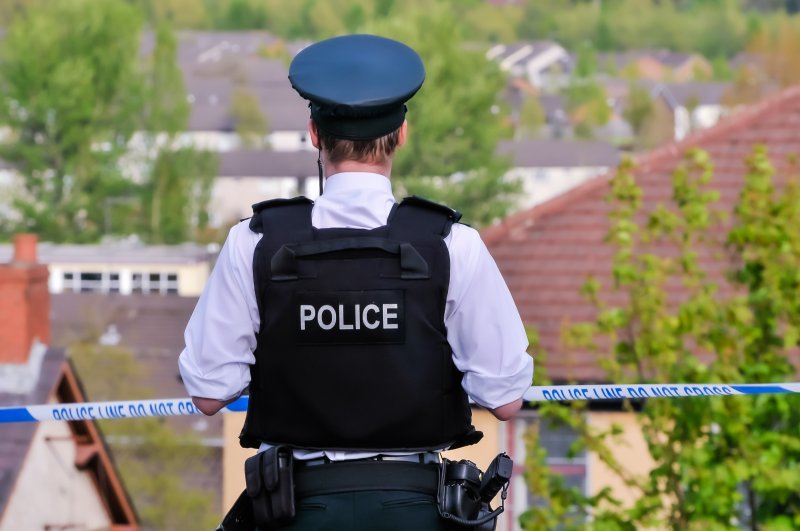PUPILS from a Cudworth primary school were given the opportunity to speak with a woman whose family escaped Austria during the rise of Hitler.
Edith Jayne was born in Vienna, Austria in 1936 and was just 18 months old when her family were forced too flee from their homes due to the invasion of Austria by Nazi forces. She visited Cudworth Churchfield Primary School to speak with year six pupils about her life and how she escaped Nazi occupation.
Edith’s father was a Hungarian Jew who ran his doctor’s practise from an office connected to the family home. When the Nazi party invaded Austria in 1938, the family were forced to flee to escape the persecution of the Jewish people.
“My father worked for the Austrian Health Service,” said Edith, now 83. “He was a Jew, but not a practicing one but that didn’t matter to the Nazis so when they invaded Austria on March 11, my father had lost his job, and us our home by March 12.”
Edith, her parents, and her sister Liselotte sailed to portugal where they lived from 1938 until 1941 when growing concerns about where then leader, Colonel Franco’s sympathies lay forced the family to once again move countries.
Edith turned five years old in New York, America where she lived until the 1960s.
“Moving to America was scary,” she said. “I didn’t speak any English and I was too young to really understand why we had to keep moving away. I remember getting to Staten Island and seeing the Statue of Liberty and asking my mother if that was our new home - I think I caused a few tears that day.”
As an adult Edith married her first husband, George Mico with whom she had her children; Theodore and Richard. She remarried to second husband, a Welshman, Terrence Jayne and applied for British Citizenship in 1983.
“For me, it was hard being a refugee. When I was in my 20s I lived with my children in Belgium while my husband worked away and my son went through the same sense of alienation as I did back in the 1940s. It was then that I decided I wanted a place where I could settle and call home.
“I want the children to take away some messages from my story. I want them to be kind to others - especially people who don’t speak the same language as them, to understand people’s differences and to take part in civil activities such as voting. If people had spoken up about what was happening in 1933, we might never have had to leave Vienna and Hitler might have been stopped sooner.”
Assistant headteacher at the school, Jonathan Bean, said: “Our year six class are studying prejudice and presecution and we got in touch with the Holocaust Trust who kindly put us in touch with Edith who was asked if she would like to come and speak with the children.
“I think it’s important for the pupils to hear Edith’s story as there are not many people left who are around to tell their experiences in World War Two so this is a great way to help them to understand the topic.”


















